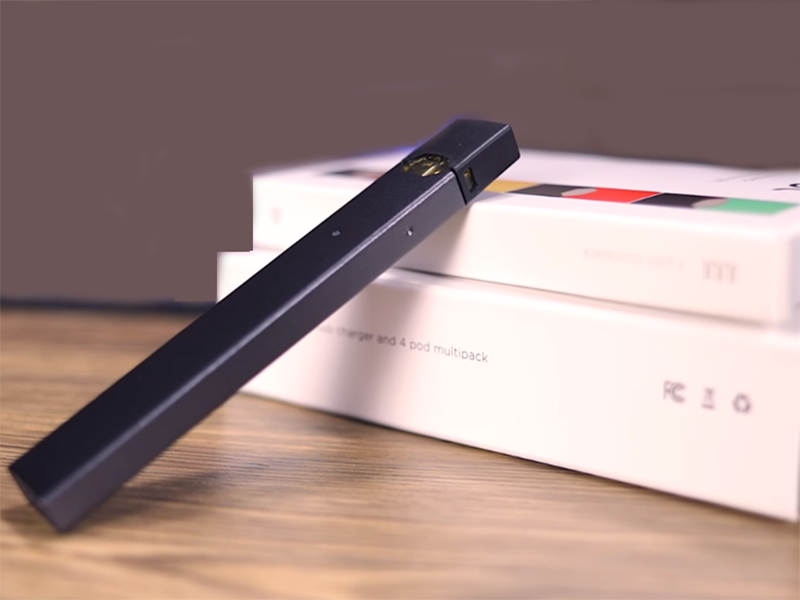
Juul, by far the largest vaping products maker in the United States, also said it will not fight a proposed nationwide ban on flavored e-cigarettes, put forward earlier this month by the Trump administration, the Associated Press reported.
K.C. Crosthwaite, an executive from Altria, will replace Burns. Tobacco giant Altria owns a 35% share of San Francisco-based Juul.
In a statement, Crosthwaite alluded to "unacceptable levels of youth usage and eroding public confidence in our industry," the AP said.
"We must strive to work with regulators, policymakers and other stakeholders, and earn the trust of the societies in which we operate," Crosthwaite added. "That includes inviting an open dialogue, listening to others and being responsive to their concerns."
Growing concern
The news from Juul comes a day after testimony on Capitol Hill regarding the expanding number of cases of a sometimes fatal vaping-linked lung illness.
In her testimony before a congressional subcommittee, Dr. Anne Schuchat, from the U.S. Centers for Disease Control and Prevention, said she believes hundreds of new cases of lung illnesses have been reported since the CDC set the number at 530 last Thursday, the AP reported.
Schuchat told lawmakers that "we are seeing more and more cases each day, and I expect the next weekly numbers will be much higher."
So far, nine people have died from the illness.
The situation has rattled the public health community, resulting in the Trump administration's call for a ban on flavored e-cigarettes. New York and Michigan have already put restrictions on the sale of vaping products and retail giant Walmart announced last week that it is pulling all e-cigarette products from its shelves.
And on Tuesday, Massachusetts stopped the sales of all vaping products for four months. Rhode Island is also planning to ban flavored e-cigarettes.
Multiple investigations
Michael Seilback, assistant vice president for state public policy at the American Lung Association, said: "From our perspective, it's the absence of strong federal action by the [U.S. Food and Drug Administration] that is forcing states to have to make choices like this on how they are going to protect children and adults from the public health emergency of e-cigarettes," the AP reported.
The CDC is still searching for answers. Not much is known about the effect of inhaling the oils, flavors and other ingredients in e-cigarettes, Schuchat told legislators.
"We don't know enough about the aerosol that vaping produces in terms of the short and longer-term health impacts," she said. "It may indeed be that the process itself is risky."
Many patients report that they also vaped THC, the active ingredient in marijuana, but some had only ever vaped nicotine, Schuchat noted.
In the meantime, Juul is under threat from multiple investigations initiated by Congress, federal agencies and states' attorneys general, as vaping rates surge among the young.
Pitching to youth
These days, U.S. teens are more likely to vape than to smoke, according to the U.S. National Institute on Drug Abuse. Among high school seniors, 16% say they used e-cigarettes in the past month, while only 11% smoked.
Earlier this month, the FDA sent a warning to Juul about illegal claims that its electronic cigarettes are safer than tobacco cigarettes, including a presentation to students.
The FDA's warning letter refers to several statements, including those discussed in testimony from a July 2019 Congressional hearing.
According to that testimony, a Juul representative speaking with students in a school presentation stated that Juul "was much safer than cigarettes," that "FDA would approve it any day," and that the device was "totally safe."
The Juul rep also urged a student to mention Juul to a nicotine-addicted friend, "because that's a safer alternative than smoking cigarettes, and it would be better for the kid to use," according to the FDA.
At the time, Juul spokesman Ted Kwong said, "We are reviewing the [FDA warning] letters and will fully cooperate."







0 Comments